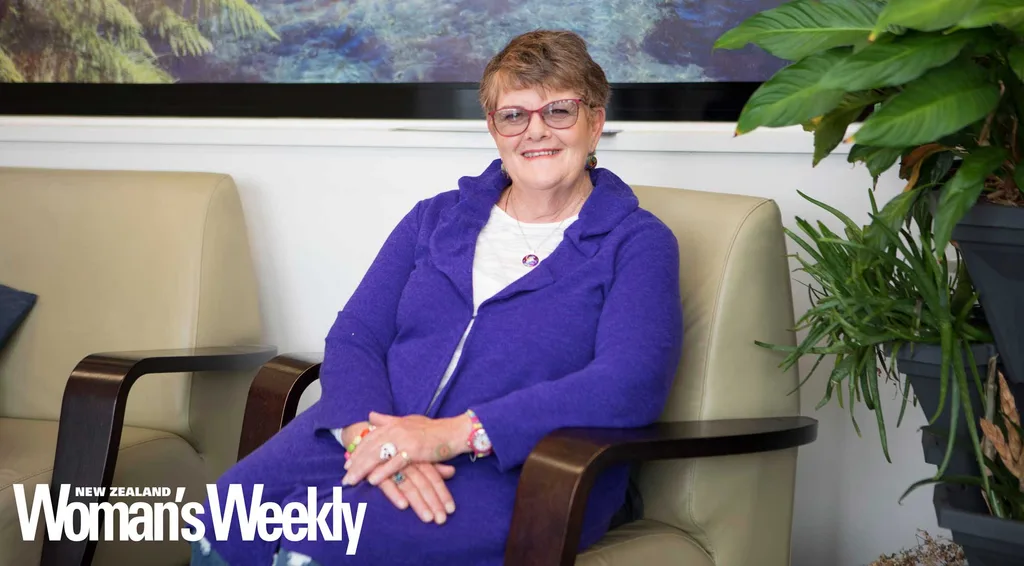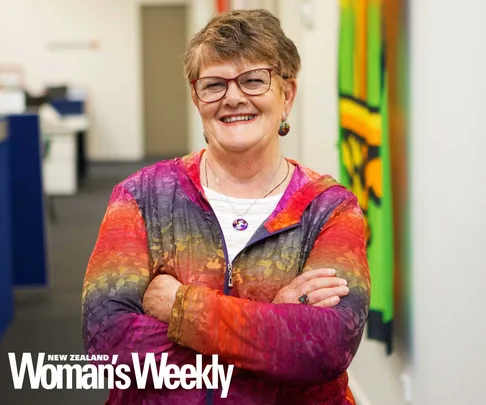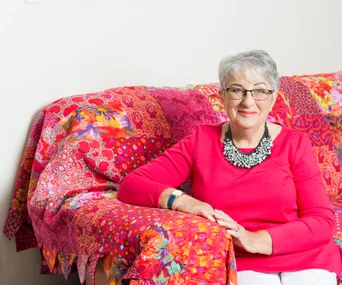Helen Murphy (68), from Christchurch, is the manager of the Prisoners Aid and Rehabilitation Society. She talks to Ciara Pratt about how empathy is her greatest tool.
“I had a relationship with someone who was in the criminal justice system more than 20-odd years ago. By being in that world and its reality, I learned so much about the rights of prisoners and their families, and it made me really passionate about it all.
I am a mother and was married for 20-plus years before I got divorced and met that someone else who took me down a different path. Looking back now, I believe this situation introduced me to what my purpose in life was meant to be.
I grew up with a mother in a mental institution and, as a little girl, I was made aware of patients’ rights very early on. Or should I say, the lack thereof. Wherever I went, I always learned how people in these vulnerable places didn’t have a voice; I had to speak up on Mum’s behalf so many times.
There has to be a voice for someone. That’s who we are for the people we work with. The difficulty is when people come out of prison, there aren’t many doors open for them. And if they mention a criminal conviction, they most often won’t get the job they apply for.
I think being in the system is more ostracising than it’s ever been. It’s so much harder with the internet and government agencies being linked. At one time you could have a fresh start, reinvent yourself and have a new life. When someone comes out of prison, often what’s happened is their property has been lost or stolen and they have to start again.
We help them get identification because without an ID, you can’t open a bank account and you can’t get those benefits. The funding we receive from Christchurch City Council enables us to provide some of these life necessities.

We are also the main agency that helps the families of offenders when someone goes into prison. We help them to understand the process, visiting hours and phone calls. A lot of families in these situations feel there is no-one to talk to which, through my experience, is something I can relate to.
I also understand people whose lives have been un-touched by this sort of stuff up until now, but then suddenly they might have a grandchild appearing in front of a judge. These grandparents ring in and they’re beside themselves, not knowing how the justice system works. We help them through the process.
Right now, my role is working with people who have been returned or deported to New Zealand from Australia – returning offenders as they are called. They are deported on a visa that declares they are not of good character, so some deportees don’t necessarily need to even have a criminal conviction. We are told through their probation team when they will be arriving, we’re given their flight number and we meet them at the airport.
For many, their entire lives are back in Australia and we become the only family they have here. They’re navigating a whole new world in a city they don’t know. The loneliness is huge.
Some people ask how I do my job. And I say, ‘I look at the person, not the crime.’ They could be my son, brother-in-law or my daughter. That’s the way I engage with them. They’re family. And they are absolutely lost, terrified and grieving souls.
I feel I’ve learned so much about the strength of the human spirit and how these people whose lives are turned upside down after deportation carry on. You need to treat people with respect and give them a chance.
Sometimes someone we’re working with will need just an extra helping hand to make a change. We’ll give them a bit of extra financial help
or a meal. Maybe they need petrol to go to a job, or money on their bus ticket; often that is the difference between them being held back or not.
Once they get a job and a stable place to live, they feel worthy. That’s the most important thing.
We tend to have a lot of fun in this job. We have a lot of dark humour which keeps us going. One deportee wrote to me and said, ‘Helen made me feel not like a deported thug.’ That’s huge.
I really struggle with man’s inhumanity; so in this job [I find] empathy is key. You have to have loads of it.”


.jpg?resize=380%2C285)
